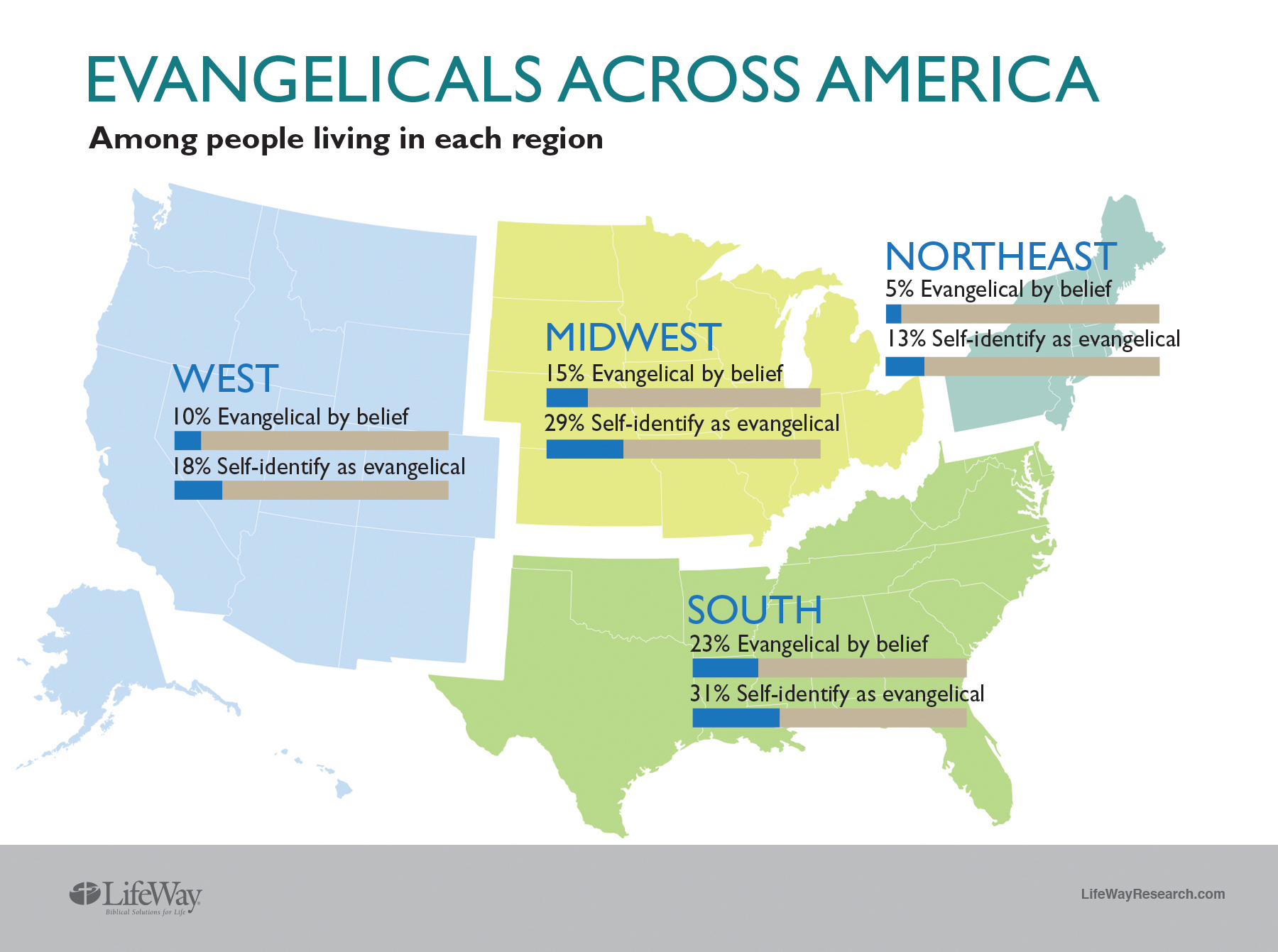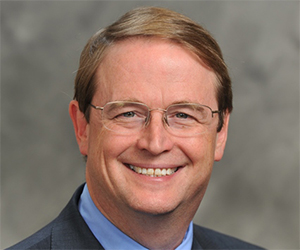Thinking of ditching the term “evangelical” to identify yourself as Christian? Get in line.
Clergy, scholars, congregational coaches and innumerable laypeople are expressing increasing anger and disgust that the once respected term no longer describes their commitment to Christ and church.
The central culprit identified in news stories, op-ed pieces and social media is politics. What used to inspire born-again Christians to share their faith has, instead, come to describe a politically conservative, mostly white Christian who supports Republican candidates and causes.
“I think the word has gotten very dirty and needs a bath, but I am not sure it can be saved,” said Bill Wilson, founder and director of the Center for Healthy Churches.
“‘There is a sense in which the word has had its day and is no longer a valid way of describing a faith community.”
Christian groups aren’t the only ones noticing the shift in the term’s connotation. A simple Google search uncovers a string of articles, some dating back several years and others much more recent, reporting that “evangelical” has become practically unrecognizable as a useful religious term.
News outlets that have picked up the subject include the Huffington Post, Washington Post and Patheos, to name just a few. Headlines differ but largely share in the “Why I’m No Longer an Evangelical” theme.
In November 2015, NPR posted a story on politics titled “Are you an evangelical? Are you sure?”
In a 2016 first-person piece for Christianity Today, pastor and sociologist Tony Campolo explained that public confusion with the word “evangelical” has led him and others to reject it altogether.
“To the secular society, which we are trying to reach with the salvation story, the label functions as a barrier to people hearing that story,” Campolo wrote. “The word is now associated with Donald Trump and some right-wing politicians with their anti-feminist, homophobic, anti-environmentalist, militaristic, xenophobic views.”
Christians inspired by and wanting to share the Good News do not want to be lumped in with Trump supporters, he said.
So, Campolo and others are describing themselves, and an organization they created, as “Red Letter Christians.”
The idea is to communicate their focus on the words of Jesus — traditionally printed in red ink in Bibles. Jesus’ actions and words should be the starting point for interpreting scripture and sharing and defining the faith.
Campolo wrote that he has abandoned the word, but not the traditional beliefs, of evangelicalism.
“I still believe … that salvation comes through a personal relationship with Christ; that the Bible was written by persons guided by the Holy Spirit and is the authority for faith and practice; and I hold to the doctrines in the Apostle’s Creed.”
Recently published research shows that Campolo and his colleagues are far from alone.
Nashville-based LifeWay Research announced earlier this month that many of those who do continue to identify themselves as evangelicals aren’t clear about the word’s meaning. It also uncovered a large group who hold to evangelical beliefs while shunning the term.
LifeWay found that about a quarter of Americans — most of them white, Republican churchgoers who live in the South — say they are evangelical Christians.
“But they’re not always sure what they believe,” LifeWay added in the Dec. 6 article about its study titled “Many Who Call Themselves Evangelical Don’t Actually Hold Evangelical Beliefs.”
Evangelical beliefs, according to the study, include viewing the Bible as ultimate authority; encouraging non-Christians to accept Christ as their savior; being convicted that Jesus’ crucifixion alone removes sin; and asserting that Christ is the sole way to eternal salvation.
Fewer than half of self-described evangelicals “strongly agree” with those essential beliefs, LifeWay found.
“There’s a gap between who evangelicals say they are and what they believe,” LifeWay Research Executive Director Scott McConnell said in the article.
Many of those who seek to live the principles of evangelicalism — who LifeWay calls “evangelicals by belief” — don’t go by the name.
“Evangelicals by belief go to church more often. Seventy three percent say they attend services once a week or more,” LifeWay said. “That drops to 61 percent for self-identified evangelicals.”
Issues of race also testify to the word’s continuing decline.
“For many African Americans, the term ‘evangelical’ is a turn-off, even though they hold evangelical beliefs,” McConnell said in the article. “The term ‘evangelical’ is often viewed as applying to white Christians only. And that’s unfortunate.”
But not everyone thinks it’s such a bad thing. In fact, some ministers say it’s par for the course in Christian history for religious monikers to change or disappear as church and secular cultures evolve.
“This is a constant process,” said Brett Younger, senior minister at Plymouth Church in Brooklyn, N.Y.
Even the early Jesus followers used words for themselves that do not survive. “Christian” only came later.
“‘Christian’ is nowhere to be found in the New Testament,” said Younger, a former preaching professor at Mercer University’s McAfee School of Theology.
As “evangelical” is transformed by the culture, he said, Christians must look for new labels that describe their faith.
“It’s a process of renewal that keeps our faith alive. If culture dumbs down the meaning, then we look for new words.”
Besides, Christians have already experienced the abandonment of other words in modern times, Wilson said.
“Sanctuary” has been traded in for “worship center” in many congregations and some use “the teaching” to replace “sermon” because it sounds less … well, preachy.
And churches have been dropping denominational names from their signage, if not their identities, for decades.
“That kind of thing is always happening,” Wilson said. “Our language is constantly evolving.”







